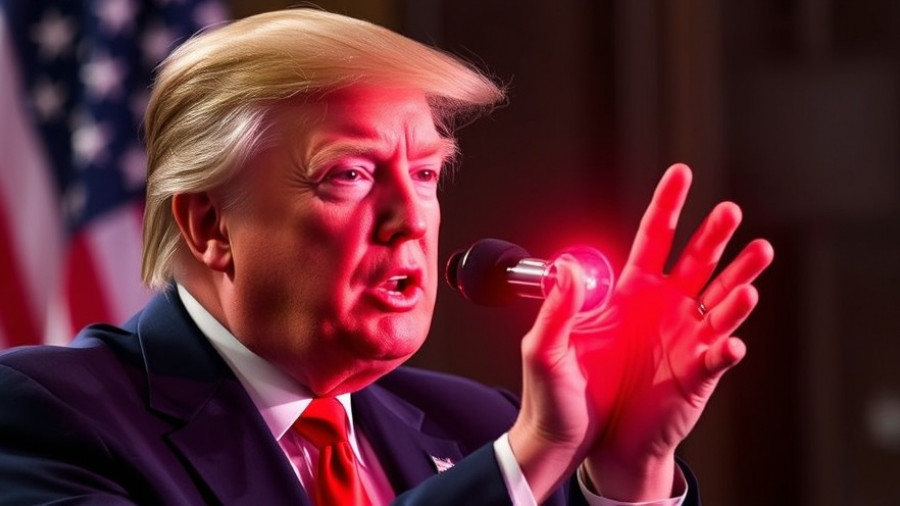
The Unpredictable Impact of AI Job Cuts
As artificial intelligence (AI) continues to evolve at an unprecedented pace, the implications for the job market are becoming increasingly palpable. Recent trends indicate that job cuts due directly to AI automation may pose significant challenges for political figures, notably former President Donald Trump. While the potential for AI to enhance efficiency and productivity is touted as a major benefit, it masks a troubling reality: the displacement of workers across various sectors.
Understanding the Current Landscape
The current wave of AI advancements is impacting a variety of industries, sparking fear and uncertainty among workers. According to reports, companies from various sectors are preparing to implement AI technologies that could lead to substantial workforce reductions. This trend raises critical questions about the long-term sustainability of job markets and the potential backlash such changes could elicit on political fronts.
Foreseeing Economic Ripples
With the onset of AI-driven job cuts, the economy may face a series of repercussions. Economists suggest that high unemployment rates could lead to increased economic instability directly impacting consumer spending. Should Trump's policies remain aligned with the promotion of AI technologies without corresponding workforce retraining and support, he may find himself facing public dissent.
A Historical Lens on Technological Displacement
This scenario isn’t entirely new. Past technological revolutions, such as the industrial revolution, led to significant job losses, but they also fostered the creation of new job categories. Moreover, the government is often compelled to play a role in cushioning these blows through retraining programs and social safety nets. Yet, experts argue that this could be insufficient in the face of rapidly advancing AI tools.
The Role of Political Messaging
The political messaging around AI job cuts could significantly shape voter sentiment. Trump's historical positioning on technological advancements favors innovation; however, juxtaposing this with the stark reality of job losses may create a cognitive dissonance among his supporters, many of whom may be concerned about job security.
AI and Its Ethical Dimensions
Furthermore, the ethical considerations of deploying AI at the expense of human labor cannot be overlooked. As AI systems like Microsoft’s Copilot or Anthropic’s Claude lead to increased efficiencies, they also raise moral questions regarding the future of work and societal responsibility. The divine balance between progress and compassion is something that politicians must grapple with, particularly in an election year.
Conclusion: Gearing Up for Change
As AI technology advances, it is crucial to monitor how these developments influence both the job market and political landscapes. The challenge for policymakers is to address the potential pain points induced by AI, aiming to protect workers and ensure a transition that includes retraining and support programs. As we look towards the future, it is essential for all stakeholders to engage thoughtfully with these tools while contemplating their broader implications.
 Add Row
Add Row  Add
Add 




Write A Comment